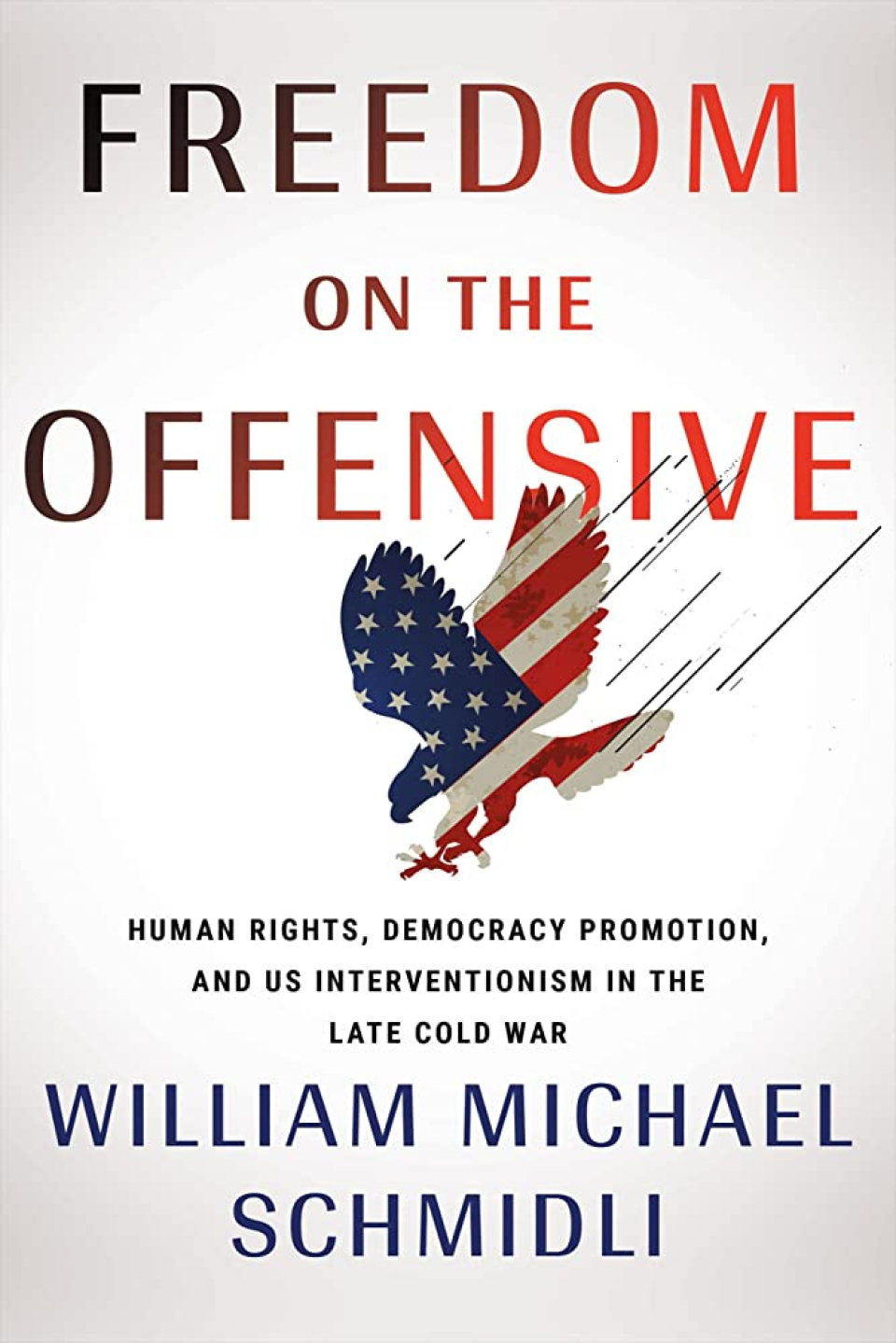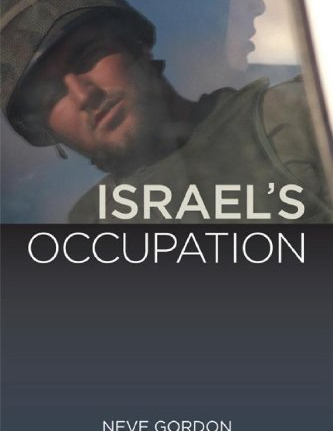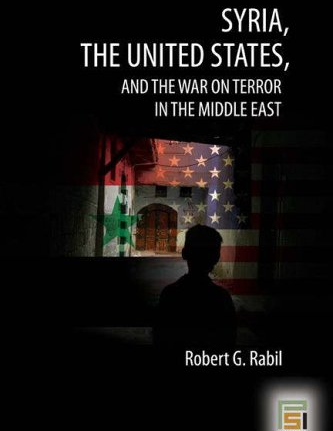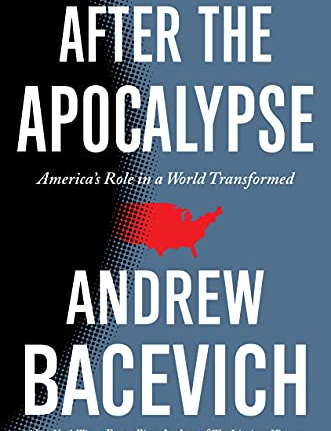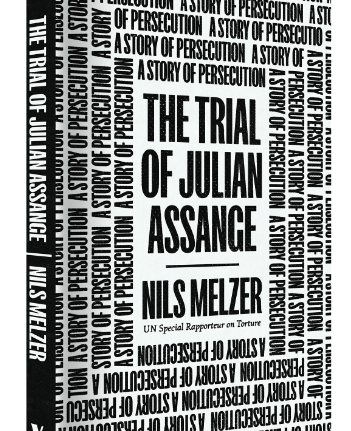
William Michael Schmidli is a University Lecturer at the Institute for History at Leiden University. Schmidli’s research focuses on the evolving significance of human rights, democracy promotion, and transnational advocacy networks from the Cold War to the present. He is the author of The Fate of Freedom Elsewhere: Human Rights and U.S. Cold War Policy toward Argentina (Cornell, 2013), the co-editor of The Reagan Administration, the Cold War, and the Transition to Democracy Promotion (Palgrave Macmillan 2019), as well as articles in Diplomatic History, Cold War History, and Diplomacy and Statecraft. Schmidli has received research fellowships at the Institute for Advanced Study at Princeton, the Helsinki Collegium for Advanced Studies, and the Netherlands Institute for Advanced Studies.
In Freedom on the Offensive, William Michael Schmidli illuminates how the Reagan administration's embrace of democracy promotion was a defining development in US foreign relations in the late twentieth century. Reagan used democracy promotion to refashion the bipartisan Cold War consensus that had collapsed in the late 1960s amid opposition to the Vietnam War. Over the course of the 1980s, the initiative led to a greater institutionalization of human rights—narrowly defined to include political rights and civil liberties and to exclude social and economic rights—as a US foreign policy priority. Democracy promotion thus served to legitimize a distinctive form of US interventionism and to underpin the Reagan administration's aggressive Cold War foreign policies. Drawing on newly available archival materials, and featuring a range of perspectives from top-level policymakers and politicians to grassroots activists and militants, this study makes a defining contribution to our understanding of human rights ideas and the projection of American power during the final decade of the Cold War.
Using Reagan's undeclared war on Nicaragua as a case study in US interventionism, Freedom on the Offensive explores how democracy promotion emerged as the centerpiece of an increasingly robust US human rights agenda. Yet, this initiative also became intertwined with deeply undemocratic practices that misled the American people, violated US law, and contributed to immense human and material destruction. Pursued through civil society or low-cost military interventions and rooted in the neoliberal imperatives of US-led globalization, Reagan's democracy promotion initiative had major implications for post–Cold War US foreign policy.

